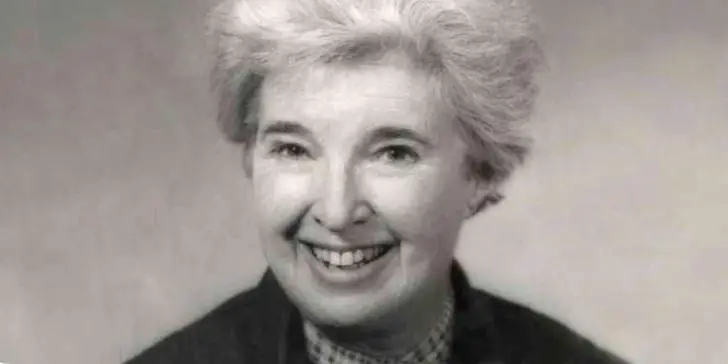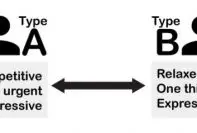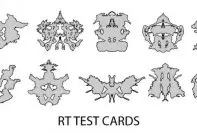
Carl Jung was born in July 26, 1875. The psychologist has been vital in the world of psychology throughout his career, until his death in June 6, 1961.
Carl Jung established a theory, which saw universal types in human personality. The types categorized by Carl Jung are present in all of us. But, certain types are predominant over the normal mode of organizing our experience.
Carl Jung also developed a theory of personality. His theory is one of the type theories of personality, as it involved typology of introversion and extroversion.
Introverts
Introverts are people who prefer their own world of thoughts, dreams, feelings, fantasies and need private space. Interaction drains their energy whereas being alone energizes them.
Extroverts
The characteristics of extroverts are in contrast to introverts. They prefer outer world and interaction with people to being alone. They are sociable beings who get energized from going to parties, interacting with people and so on.
Isabel Briggs Myers

In the mid 90s, Jung’s theories were studied and applied by Isabel Briggs Myers in the real world. Having applying the theory, Myers also added to the existing theory of personality. The result was development of the Myers Briggs Type indicator, a world renowned and respected questionnaire that indicates personality type.
According to this model, there are 16 personality types. Of course, each individual is unique. Yet, the patterns of personality organization represented by the 16 personality types are readily observable.
Regardless of our personality type, we are forced to deal with the world, both inner and outer. The personality type isn’t an excuse to ignore the world we don’t want to be a part of. Personality type instead is determined by the way he/she chooses to deal with the world, the way they are comfortable in.
“Jung noted that it is not possible to use the attitudes of Extraversion and Introversion and the Judging and Perceiving functions independently of each other. People who prefer Extraversion are most like to focus their Perception and Judgment in the outer world while people preferring the Introverted attitude, when circumstances permit, will concentrate Perception and Judgment on ideas.” – Isabel Briggs Myers, Gifts Differing
According to Jung as supplemented by Myers, personality type is based on four pairs of opposing preferences. This means, personality can be typed into four dimensions.
Extraversion – Introversion (E/I):
Extraversion refers to a preference of engagement with the outer world and initiating contact with people.
Introversion refers to a preference for the inner world, contemplation, responding to contact from others.

“Strictly speaking, there are no Introverts and Extraverts pure and simple, but only Introverted and Extraverted function-types.” – Carl Gustav Jung
Sensing – iNtuiting (S/N)
Sensing refers to a preference for perceiving the world through facts, evidence, data and details.
iNuiting refers to a preference for perceiving the world through concepts, theories and abstractions.
Thinking – Feeling (T/F)
The capacity to decide objectively based on the evidence and applicable principles is defined as thinking.
Feeling is a preference for making decisions based on values and effects on people rather than logic.
Judging – Perceiving (J/P)
Judging is a preference for living a planned and organized life in the external world.
Perceiving is a preference for living spontaneously, with many options, in the external world.
“The four functions are somewhat like the four points of the compass; they are just as arbitrary and just as indispensable. Nothing prevents our shifting the cardinal points as many degrees as we like in one direction or the other, or giving them different names…but the one thing I must confess: I would not for anything dispense with this compass on my psychological voyages of discovery.” – Carl G. Jung
Eight Mental Functions in Attitude
After Jung came up with four dimensions for personality types, Jung observed that Perceiving and Judging function were always used hand-in-hand with attitudes of Extraversion and Introversion.
Rest of the four functions (Sensing, iNtuition, Thinking, and Feeling) combine with two attitudes (Extraversion and Introversion) to form eight mental Functions-in-Attitude. These eight mental functions were called his Eight Types by Jung. These eight mental functions-in-attitude are the functions that we use to adapt to the world, and these functions are the core of Jung’s theory of psychological types.
“Strictly speaking, there are no Introverts and Extraverts pure and simple, but only Introverted and Extraverted function-types.” – Carl Gustav Jung
| Function-Attitude | Definition |
|---|---|
| Extraverted Sensing | Refers to gathering sensory experiences and factual data from the objective world. |
| Introverted Sensing | Refers to storing factual historical data and gathering sensory experiences from the subjective world. |
| Extraverted Intuition | Refers to possibilities, patterns and meanings in the objective world. |
| Introverted Intuition | Refers to means, patterns, symbols and insight in the subjective world, which is acquired unconsciously. |
| Extraverted Thinking | Refers to application of logical order through structure building, decision making and organization in the objective world. |
| Introverted Thinking | Refers to seeking understanding through logical principles in the subjective world. |
| Extraverted Feeling | Refers to building and seeking harmony and alignment with others through openly expressed values in the objective world. |
| Introverted Feeling | Refers to seeking harmony and alignment of personal behavior with deeply felt values and evaluation of such phenomenon with respect to those values. |
Note: Keep in mind that the Extraverted always refers to Outward ad Active Focus, whereas Introverted always refers to Inward and Reflective Focus.




